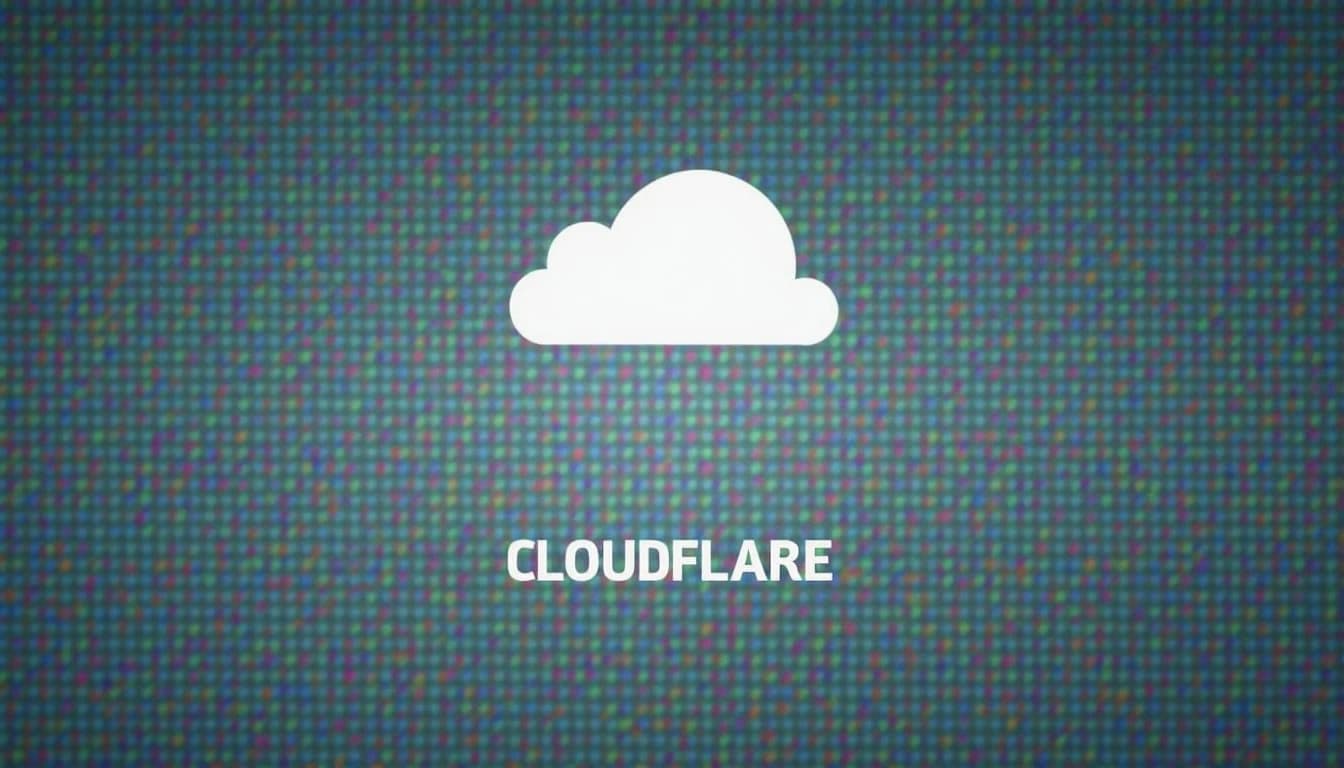The company takes a stand for creators and announces the “Content Independence Day”: no compensation, no access.
For decades, the agreement was clear: search engines crawl content, index it, and in return, they deliver traffic to you. Websites gained exposure, advertising revenue, or subscriptions, and users found what they were looking for. An imperfect but functional balance.
But that balance has been shattered.
Cloudflare, one of the most influential companies in Internet infrastructure, has announced that starting July 1, it will automatically block AI bots that crawl sites without authorization or financial compensation. This change affects more than 60 million websites protected by its network by default.
The measure, dubbed “Content Independence Day,” marks a turning point in the relationship between content creators and AI giants.
The New Digital Expropriation
“We are witnessing a familiar story unfold: large tech companies benefit from the work of millions without giving anything in return,” explained Matthew Prince, CEO of Cloudflare. “Traffic is no longer coming in, but crawlers continue to extract content on a massive scale.”
And the data backs up his complaint: for every visit OpenAI sends to a website, its bot has accessed it up to 1,700 times. Anthropic is even worse, with 73,000 accesses for each click back.
In comparison, the already criticized Google model maintained an average of 14 accesses per derived visit. With the arrival of AI-generated direct answers, links are disappearing along with the traffic. And with traffic goes the potential to monetize content.
A New Model: Pay for Each Crawl
The solution proposed by Cloudflare is not just a block. The company has also announced “Pay per Crawl,” a digital marketplace where AI bots will need to pay for each access to the content they consume.
Publishers will be able to set customized fees depending on the usage: whether for training language models, generating responses, searching for data, or performing analyses. “Traffic has ceased to be a good indicator of value. The content that fills gaps in knowledge is much more valuable than the umpteenth repetition,” explains Prince.
The system aims to be fairer for creators and more sustainable for the development of artificial intelligence, which relies on that content to keep learning.
Is the Open Internet Fracturing?
This movement raises an uncomfortable question: can we still speak of an open web if you have to pay to access it?
For Cloudflare, the answer is clear: the web is no longer as open as it once was. AI-generated answers are emptying the traditional model of meaning. Therefore, it’s time to reinvent it. “We do not want to close the web. We want those who create value to receive a part of that value,” states Prince.
Prominent media outlets like TIME, Condé Nast, and The Atlantic have already joined the movement, denouncing the loss of traffic caused by generative AI. More and more publishers are starting to view AI models not as partners, but as silent predators.
Towards a Fairer Future for Creators
Cloudflare is not alone in this crusade. It is working with economists, researchers, and technologists to define new metrics of value. The ambition is grand: to create a new knowledge economy where useful, verified, and original data is paid for what it contributes, not for what it generates in clicks.
The “Content Independence Day” is just the beginning. And while many questions remain open—how will content be valued? will it be profitable? who controls access?—something has changed.
Because when even the foundations of the Internet are questioned, it’s time to rebuild.

